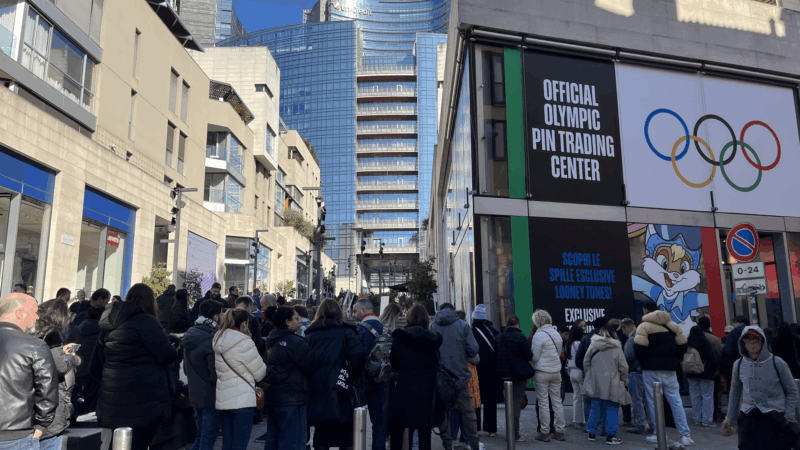Alabama could use nitrogen hypoxia for executions in death sentences. What is it?
Alabama is readying an untried method of execution to carry out its death sentences – nitrogen hypoxia.
The state approved the method in 2018, but it has not yet been used or tested.
The man awaiting a Sep. 22 execution, Alan Eugene Miller, was convicted of killing three men in a workplace shooting in 1999. He said he opted for nitrogen hypoxia instead of lethal injection due to a fear of needles, but corrections officers lost his paperwork.
While the Alabama attorney general’s office found no evidence of that, Miller could receive death by nitrogen hypoxia if a judge blocks the use of lethal injection.
What is nitrogen hypoxia?
Hypoxia is when there is not a sufficient amount of oxygen in the tissues for the body to perform its regular functions. It is different from hypoxemia, which occurs when there is low oxygen in the blood.
Nitrogen hypoxia is a form of inert gas asphyxiation. Nitrogen is safe to breathe – it makes up 78% of what we inhale – but only when mixed with suitable amounts of oxygen.
Inert gas asphyxiation uses gasses that are not typically poisonous, such as nitrogen, methane or helium, as a diluting agent for atmospheric gasses. This then reduces oxygen concentration to fatally low amounts, according to the U.S. Chemical Safety and Hazard Investigation Board.
Once oxygen levels fall below 16%, breathing becomes difficult. At 4% to 6%, a person can enter a coma in as little as 40 seconds.
There are concerns about the method
Oklahoma and Mississippi are the two other states that have authorized the method. Russell Bucklew, a man incarcerated in Missouri tried to get approved for nitrogen hypoxia, but was denied in a lawsuit that went to the U.S. Supreme Court.
Bucklew was initially scheduled for execution in 2014, but sued the director of the Missouri Department of Corrections asking for the use of nitrogen hypoxia instead of lethal injection due to a medical condition he had.
In the opinion of the Court, Justice Neil Gorsuch denied the request, saying that nitrogen hypoxia had been untested and Missouri could not properly prepare it.
Bucklew’s proposal should have included how the nitrogen gas should be administered, in what amounts, how long it would take to work and how to keep the execution team safe, he said.
The Court also ruled there was no evidence to support Bucklew’s claim that hypoxia would be less painful. He was executed in 2019 by lethal injection.
Copyright 2022 NPR. To see more, visit https://www.npr.org.9(MDA2ODEyMDA3MDEyOTUxNTAzNTI4NWJlNw004))
Mississippi health system shuts down clinics statewide after ransomware attack
The attack was launched on Thursday and prompted hospital officials to close all of its 35 clinics across the state.
Willie Colón, salsa pioneer, has died at 75
The South Bronx bandleader took the Latin genre to new heights while recording for Fania Records.
Vietnam Veterans sue to block proposed ‘Independence Arch’ near Arlington National Cemetery
The lawsuit challenges President Trump's plans for "Independence Arch," a 250-foot structure proposed for Memorial Circle.
Trump to raise global tariffs to 15%
President Trump previously said he would implement 10% global tariffs after the U.S. Supreme Court struck down his tariff policies.
Pin trading has taken over the Olympics. Here’s what it’s like in Milan
Pin trading has become a hallmark of the Olympics in recent decades — and not just for athletes. An official trading center in Milan was a hotspot for longtime collectors and curious newcomers alike.
US military airlifts small reactor as Trump pushes to quickly deploy nuclear power
The Pentagon and the Energy Department have airlifted a small nuclear reactor from California to Utah, demonstrating what they say is potential for the U.S. to quickly deploy nuclear power for military and civilian use.





